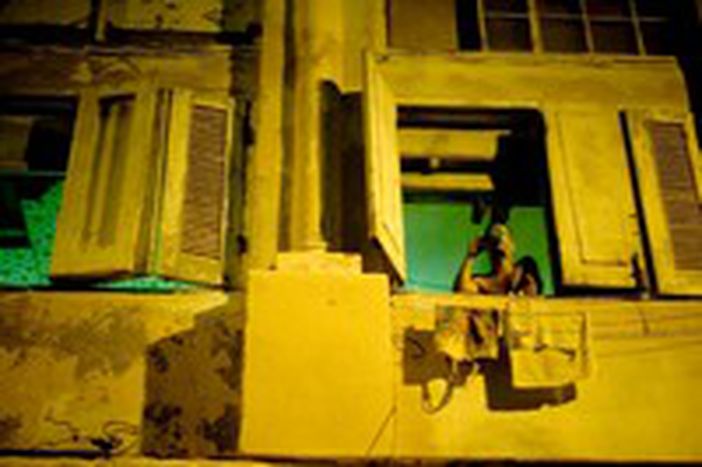
Cuba and the right to protest
Published on
Translation by:
 eleanor day
eleanor day
Despite EU efforts to the contrary, the Cuban government has done little to improve human rights in the country
“I have lost faith in the Cuban project. Hopes are gone and illusions crushed,” wrote the Portuguese Nobel Prize Winner, José Saramago in the Spanish newspaper El Pais on 14 April 2003. Over the last few years, Europe as a whole has been disenchanted with Cuba.
The violent arm of the law
This disillusionment is not without reason. In March 2003 the Cuban police had imprisoned around 70 journalists, intellectuals and opponents to the regime. They were accused of propaganda, rioting and crimes against the state. There is more. On 2 April three men attempted to flee the island by hijacking a vessel bound for Florida.
Only nine days after their arrest the three were shot following a summary hearing.
The crackdown in 2003 is in part a result of changes to the law. Article 91 of the Cuban Penal Code was changed in 2001, meaning that one is now imprisoned for twenty years for acts “against the independence and honour” of the Cuban State. Amnesty International severely criticised the wave of arrests in 2003. They defined Cuban political prisoners as “prisoners of conscience,” guilty only of having different opinions to that of the regime.
The EU goes the distance
The regime responded on 9 April 2003. Foreign Minister Felipe Pérez Roque said: “Cuba knows that it is within international rights because the charter of the United Nations recognises the right to choose one’s own political system.” Nevertheless, the EU responded to the crackdown by cutting diplomatic ties with Cuba on 5 June 2003 and making an appeal for the release of the prisoners.
A step backwards
On 31 January 2005 the European Council decided to temporarily suspend the sanctions imposed upon Cuba. Jean Asselborn, then president of the EC, justified this move by saying: “The ministers have reasserted the importance of encouraging a process of transition towards democratic pluralism and respect for human rights as well as fundamental freedoms in Cuba.”
Although the number of those who abstained from voting was greater than those who voted in favour of the suspension of sanctions, talks between the EU and Cuba resumed. As the former Italian Foreign Minister, Gianfranco Fini, underlined, “This decision establishes good will on the part of Brussels.”
The struggle for democracy
Cuba has not responded with much progress.
Currently there are 72 political prisoners incarcerated solely for opposing the Castro regime. Amnesty International and Reporters Sans Frontières (RSF) continue to condemn the inhuman conditions in which the prisoners are living, deprived of basic medical assistance, locked away in isolation and subjected to corporal punishment. Benoit Hervieu, responsible for the American division of RSF, said to cafebabel.com that “the EU sanctions of 2003 have done little and there are still 24 imprisoned journalists.” He continued, “The objective of RSF is to concentrate on supporting political protest in order to bring a form of democratic and pluralist government to Cuba.” Castro does not listen to reason but the attempt to negotiate continues.
Translated from Cuba, il diritto ad un’opposizione


